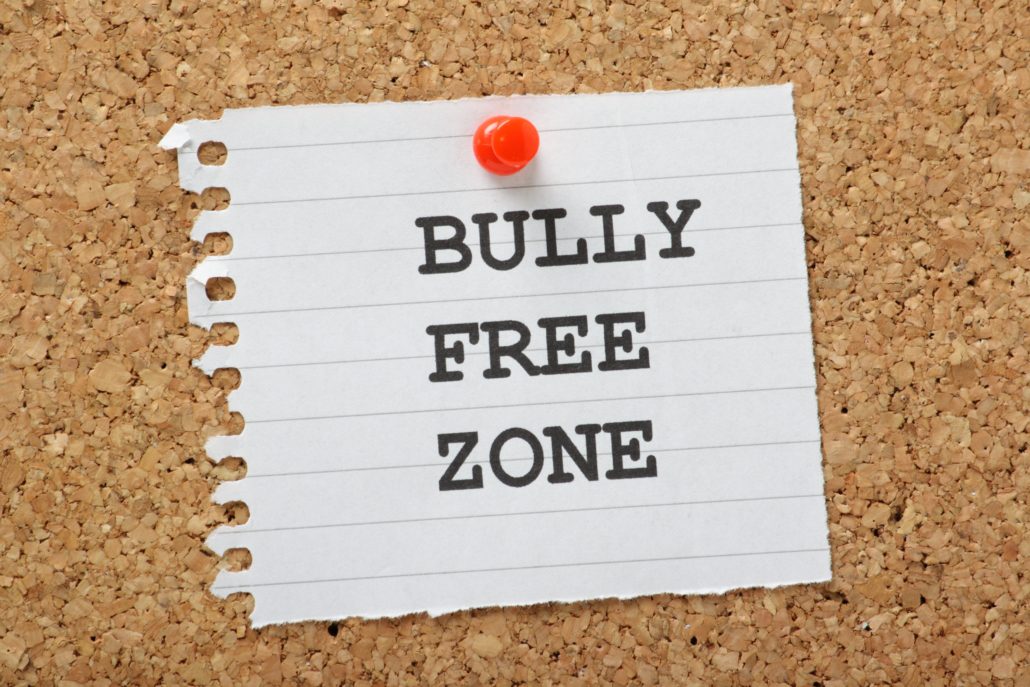Do anti-bullying campaigns work?
Summary of the Article
Is anti-bullying program effective?
Researchers have found that three specific components in anti-bullying laws decreased the odds of a child being bullied by 20 percent. Cached
What are the outcomes of anti-bullying campaigns?
Results The number of bullied children decreased by 25% in the intervention group compared with the control group (relative risk, 0.75; 95% confidence interval, 0.57-0.98). The intervention group also showed a decline in the scale scores of victimization (−1.06 vs 0.28; P<. Cached
What limits the effectiveness of anti-bullying programs?
Curriculum demands limit time for training, implementation, and prompt responses to bullying. Principals failing to back teachers up, ambivalent colleagues, uncooperative parents, and a lack of evidence reduce their commitment to implementation. Promising programs are discontinued in favor of new initiatives.
What are the negatives of anti-bullying?
Victims can feel disempowered if peers intervene to protect them, the presence of trained anti-bullying students can actually reinforce or provoke bullying, and interventions can erode wider peer support for the victim, the study found. Cached
Why is the no bullying campaign so important?
Saving Lives. Anti-bullying culture can save lives. Studies have evidenced that many people who are routinely or habitually bullied may respond by bullying other people themselves, even using more extreme measures, such as violence toward others.
What are the 6 R’s of bullying prevention?
The 6Rs of bullying prevention: Rules, Recognize, Report, Respond, Refuse, and Replace, are not a program, but a comprehensive process for reducing bullying from the inside out, involving the entire school community.
What are benefits of anti-bullying policy?
Why does a school need an anti-bullying policy? Bullying can have an impact on a child’s ability to learn effectively and on their mental health. All education providers should provide a secure and happy environment free from threat, harassment, and any type of bullying behaviour.
What does the research say about bully prevention programs?
Bullying prevention programs have been shown to be generally effective in reducing bullying and victimization. However, the effects are relatively small in randomized experiments and greater in quasi-experimental and age-cohort designs.
What are the three R’s of bullying prevention?
The 3 R’s To Bullying Prevention for Students with Special Educational Needs: Recognize, Respond, and Report.
How effective are anti-bullying programs in improving students self-worth?
This meta-analysis found that anti-bullying programs were collectively effective in reducing school-bullying perpetration by around 19–20% (odds ratio = 1.309) and school-bullying victimization by around 15–16% (odds ratio = 1.244).
What are three reasons why we should stop bullying?
Bullying can result in physical injury, social and emotional distress, self-harm, and even death. It also increases the risk for depression, anxiety, sleep difficulties, lower academic achievement, and dropping out of school.

Is anti-bullying program effective
Researchers have found that three specific components in anti-bullying laws decreased the odds of a child being bullied by 20 percent.
Cached
What are the outcomes of anti-bullying campaigns
Results The number of bullied children decreased by 25% in the intervention group compared with the control group (relative risk, 0.75; 95% confidence interval, 0.57-0.98). The intervention group also showed a decline in the scale scores of victimization (−1.06 vs 0.28; P<.
Cached
What limits the effectiveness of anti-bullying programs
Curriculum demands limit time for training, implementation, and prompt responses to bullying. Principals failing to back teachers up, ambivalent colleagues, uncooperative parents, and a lack of evidence reduce their commitment to implementation. Promising programs are discontinued in favor of new initiatives.
What are the negatives of anti-bullying
Victims can feel disempowered if peers intervene to protect them, the presence of trained anti-bullying students can actually reinforce or provoke bullying, and interventions can erode wider peer support for the victim, the study found.
Cached
Why is the no bullying campaign so important
Saving Lives. Anti-bullying culture can save lives. Studies have evidenced that many people who are routinely or habitually bullied may respond by bullying other people themselves, even using more extreme measures, such as violence toward others.
What are the 6 R’s of bullying prevention
The 6Rs of bullying prevention: Rules, Recognize, Report, Respond, Refuse, and Replace, are not a program, but a comprehensive process for reducing bullying from the inside out, involving the entire school community.
What are benefits of anti-bullying policy
Why does a school need an anti-bullying policy Bullying can have an impact on a child's ability to learn effectively and on their mental health. All education providers should provide a secure and happy environment free from threat, harassment, and any type of bullying behaviour.
What does the research say about bully prevention programs
Bullying prevention programs have been shown to be generally effective in reducing bullying and victimization. However, the effects are relatively small in randomized experiments and greater in quasi-experimental and age-cohort designs.
What are the three R’s of bullying prevention
The 3 R's To Bullying Prevention for Students with Special Educational Needs: Recognize, Respond, and Report.
How effective are anti-bullying programs in improving students self worth
This meta-analysis found that anti-bullying programs were collectively effective in reducing school-bullying perpetration by around 19–20% (odds ratio = 1.309) and school-bullying victimization by around 15–16% (odds ratio = 1.244).
What are three reasons why we should stop bullying
Bullying can result in physical injury, social and emotional distress, self-harm, and even death. It also increases the risk for depression, anxiety, sleep difficulties, lower academic achievement, and dropping out of school.
How effective are anti bullying programs in improving students self worth
This meta-analysis found that anti-bullying programs were collectively effective in reducing school-bullying perpetration by around 19–20% (odds ratio = 1.309) and school-bullying victimization by around 15–16% (odds ratio = 1.244).
What is the most researched and best known bullying prevention program available today
the Olweus Bullying Prevention Program
What Is the Olweus Bullying Prevention Program As stated earlier, the Olweus Bullying Prevention Program (OBPP) is the most researched and best-known bullying prevention program available today.



